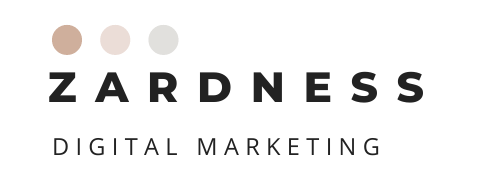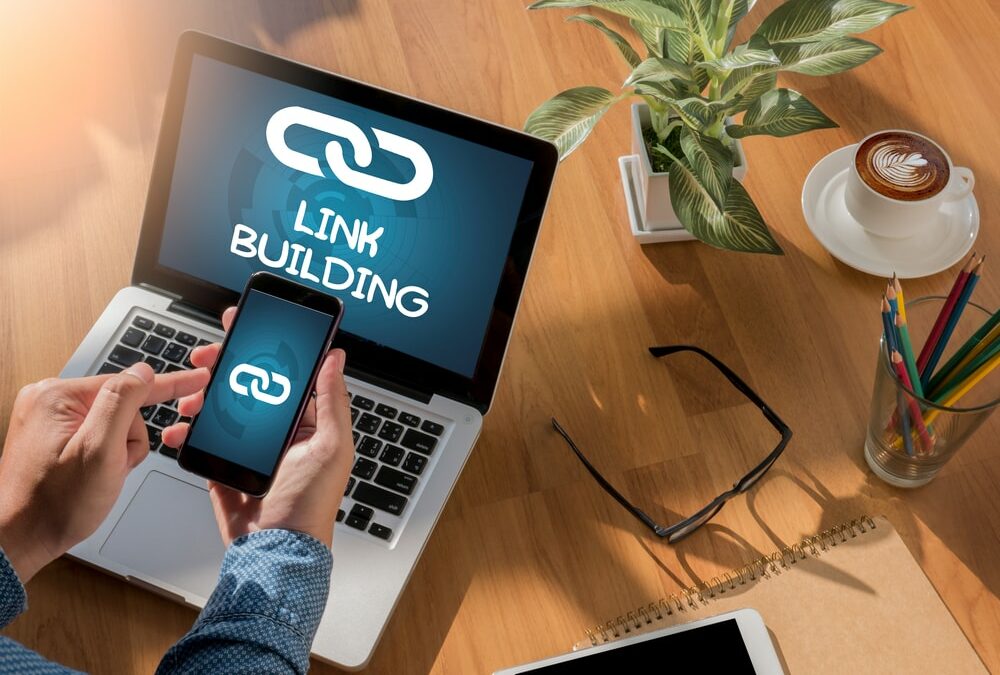The recent updates to Google’s spam policies have had a profound impact on the search engine results pages (SERPs). Google has taken decisive action by manually deindexing websites that are deemed spammy, low-quality, or unoriginal. As part of this initiative, Google has announced its intention to remove 40% of low-quality, unoriginal content from its index.
Despite these changes, link building remains a critical component of SEO and has become increasingly important. Manual link building is a strategic approach that involves acquiring links through outreach efforts, creating strategic content, and cultivating relationships. Unlike automated or spammy link acquisition methods, manual link building prioritizes the acquisition of high-quality, relevant links from authoritative sources.
These authoritative sources prioritize their audience by providing valuable and helpful content. Therefore, obtaining a backlink from such a site is considered highly beneficial. In light of Google’s recent updates, focusing on manual link building from authoritative sources is more crucial than ever.
Understanding the Risks of Buying Links
Purchasing cheap or paid links is considered a spammy practice that violates Google’s guidelines. Google’s algorithm evaluates a website’s relevance to a search query based on the quality of its backlink profile.
When websites buy links primarily to boost their rankings, they are essentially manipulating the algorithm, making those links appear spammy. The only exception is if paid links are clearly marked as “sponsored,” but even then, they must be relevant to your site’s content.
While buying links might seem like a quick fix, the benefits are usually short-lived. Once Google detects unnatural link patterns, it often penalizes the website, resulting in a drop in rankings.
Other issues associated with buying links include:
- Google ignoring the links altogether.
- Decreased credibility and reputation.
- Difficulty in recovering from penalties.
- Wasting resources, including money.
Cheap links often redirect users to irrelevant or low-quality content, resulting in a poor user experience (UX). Google prioritizes websites that offer valuable and relevant information to users. If users avoid clicking on your site due to poor UX, Google interprets this as a signal that your site may not belong in the SERPs.
Instead of buying links, websites should focus on acquiring high-quality backlinks from reputable sources. This approach not only improves search engine rankings but also enhances the overall user experience on the site.
Why Manual Link Building Matters
- Quality Over Quantity: Manual link building focuses on acquiring high-quality, relevant backlinks from authoritative websites. These links carry more weight with search engines and can significantly boost your website’s credibility and visibility.
- Natural Link Profile: Search engines like Google value natural link profiles that are built over time. Manual link building helps create a diverse and natural link profile, which is essential for long-term SEO success.
- Avoids Penalties: Automated link building tactics, such as buying links or participating in link schemes, can result in penalties from search engines. Manual link building ensures that your links are obtained through genuine outreach and relationship-building efforts, reducing the risk of penalties.
- Builds Relationships: Manual link building involves reaching out to website owners and building relationships within your industry. This not only helps in acquiring backlinks but also opens up opportunities for collaboration and partnerships.
- Enhances Brand Authority: By securing backlinks from reputable sources, you enhance your brand’s authority and credibility. This can lead to increased trust among your audience and improved brand recognition.
Best Practices for Manual Link Building
Developing a well-structured strategy for your manual link-building campaign is crucial for success. It ensures that you efficiently utilize your resources while searching for valuable links across the web.
- Create Compelling Content: High-quality content is key to attracting natural backlinks. Create informative, engaging content that provides value to your audience and encourages others to link back to your website.
- Guest Blogging: Write guest posts for authoritative websites within your industry. This not only helps in acquiring backlinks but also allows you to showcase your expertise and reach a new audience.
- Broken Link Building: Find broken links on relevant websites and offer your content as a replacement. This is a win-win situation as you help the website owner fix their broken link while gaining a valuable backlink for your website.
- Build Relationships: Engage with influencers, bloggers, and website owners in your industry. Comment on their posts, share their content, and build genuine relationships that can lead to backlink opportunities.
- Monitor Your Backlink Profile: Regularly monitor your backlink profile to ensure that all links are high-quality and relevant. Disavow any spammy or low-quality links to avoid penalties.
Conclusion
The recent updates to Google’s spam policies underscore the importance of ethical and strategic approaches to SEO, particularly in link building. Google’s efforts to deindex spammy and low-quality websites highlight the need for websites to focus on creating high-quality content and acquiring backlinks from authoritative sources through manual link building.
Buying links, a practice that violates Google’s guidelines, can lead to penalties and a decrease in credibility and reputation. It is crucial for websites to prioritize organic link building strategies that prioritize quality over quantity.
By developing a comprehensive strategy, developing compelling content and prioritizing relationship-building, websites can enhance their SEO efforts and drive tangible results. Embracing manual link building and avoiding spammy tactics are key to succeeding in the ever-evolving landscape of SEO.

